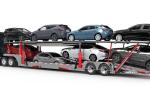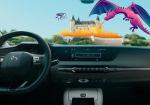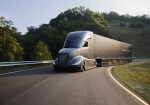Why Public EV Chargers Often Underperform Their Speed Claims

by AutoExpert | 9 September, 2024
Ever wondered why public EV chargers don't seem to work аs fast as the numbers on the machine suggest? It's a common gripe among electric vehicle owners, especially when you’re roаd tripping through places like Rock Springs, Wyoming, and you’re counting on a quick charge.
Picture this: you pull up at a charging station, the screen promises a zippy 350 kW charge—enough to top up a Tesla Model 3 in a short break. But in reality, the charging speed throttles down to something way less exhilarating, like 50 kW. That's not just annoying; it can throw your whole travel schedule off.
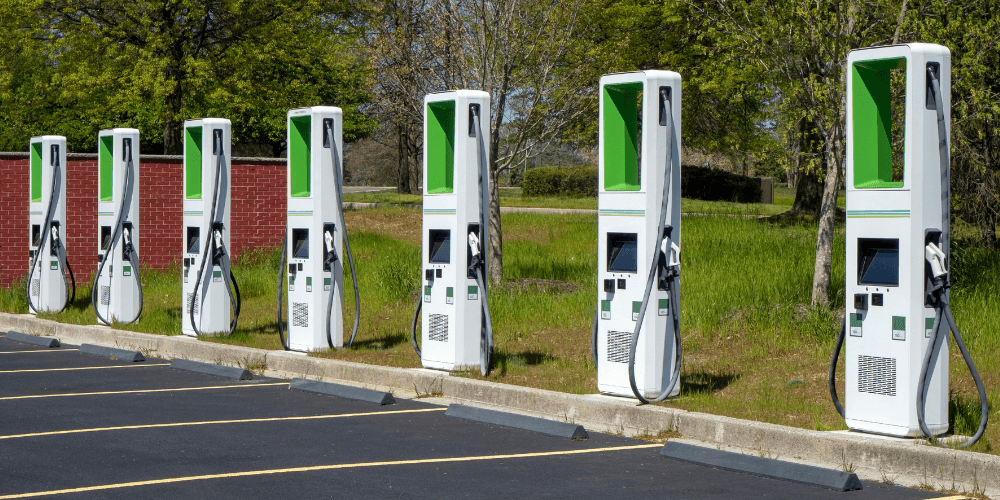
This issue isn't unique to one place or one type of car. Across the U.S., public chargers that claim they can pump out 100 kW or more actually deliver an average speed of around 52 kW. Why the big gap? Well, it’s mostly due to the quirks of battery technology and a few other factors.
Here’s the scoop: Charging a battery isn’t as simple as filling up a gas tank. It’s more like a complex dance between the charger and your car’s battery, influenced by everything from the battery’s current charge level to the outside temperature. Batteries tend to accept charge quickly at first and then slow down as they fill up to avoid overheating.
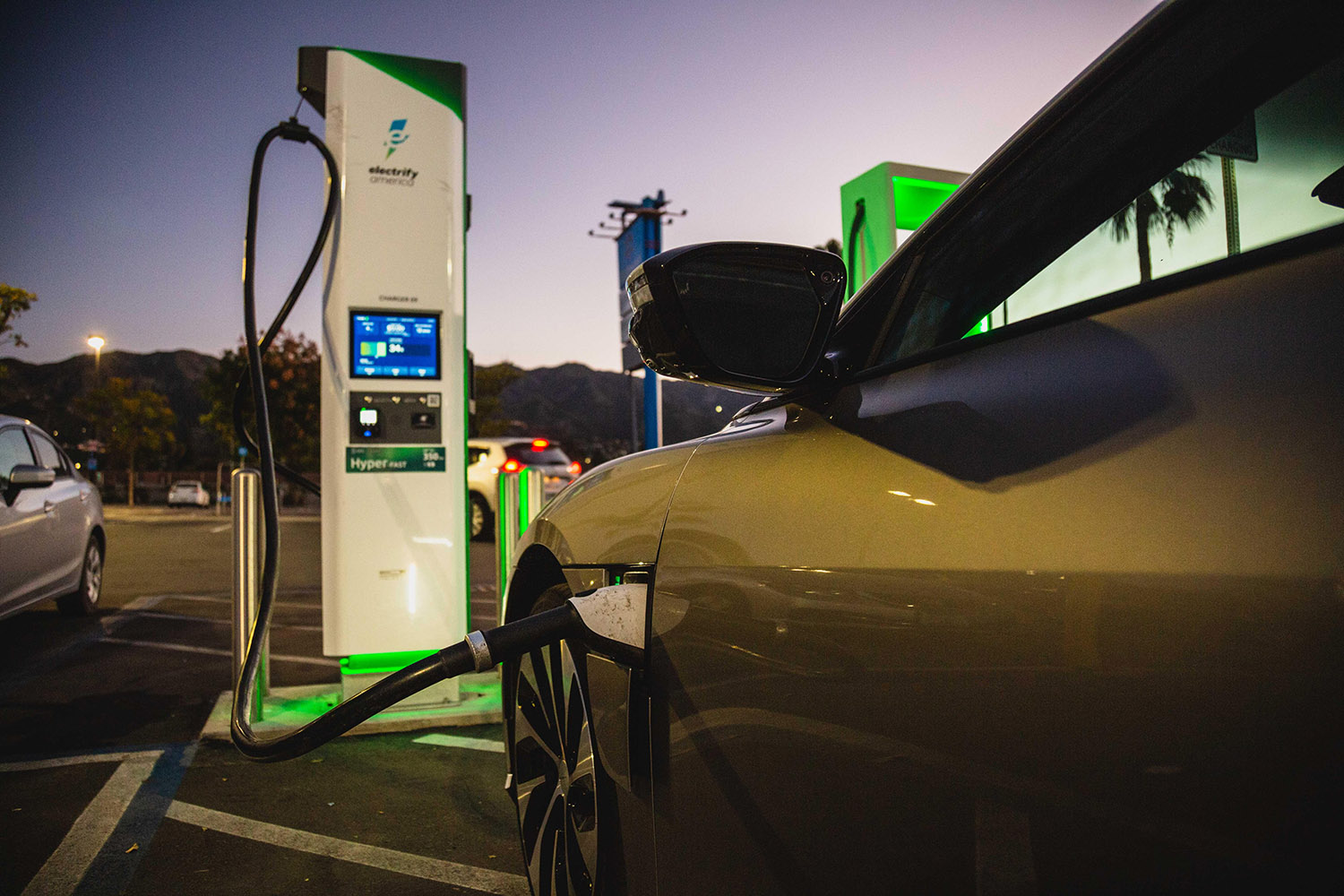
Also, the actual power your car can handle might be less than what the charger can deliver, especially if it's a hot day or the local grid is straining under the load (hello, air conditioning season). Plus, if another car plugs into a dual cord station, that shared power can drop the available kW for each vehicle.
This whole situation can be pretty confusing, especially for new EV owners who are just getting the hang of what their cars need. And it’s not helping the push for more people to adopt electric vehicles, especially when faster charging times are a big selling point.
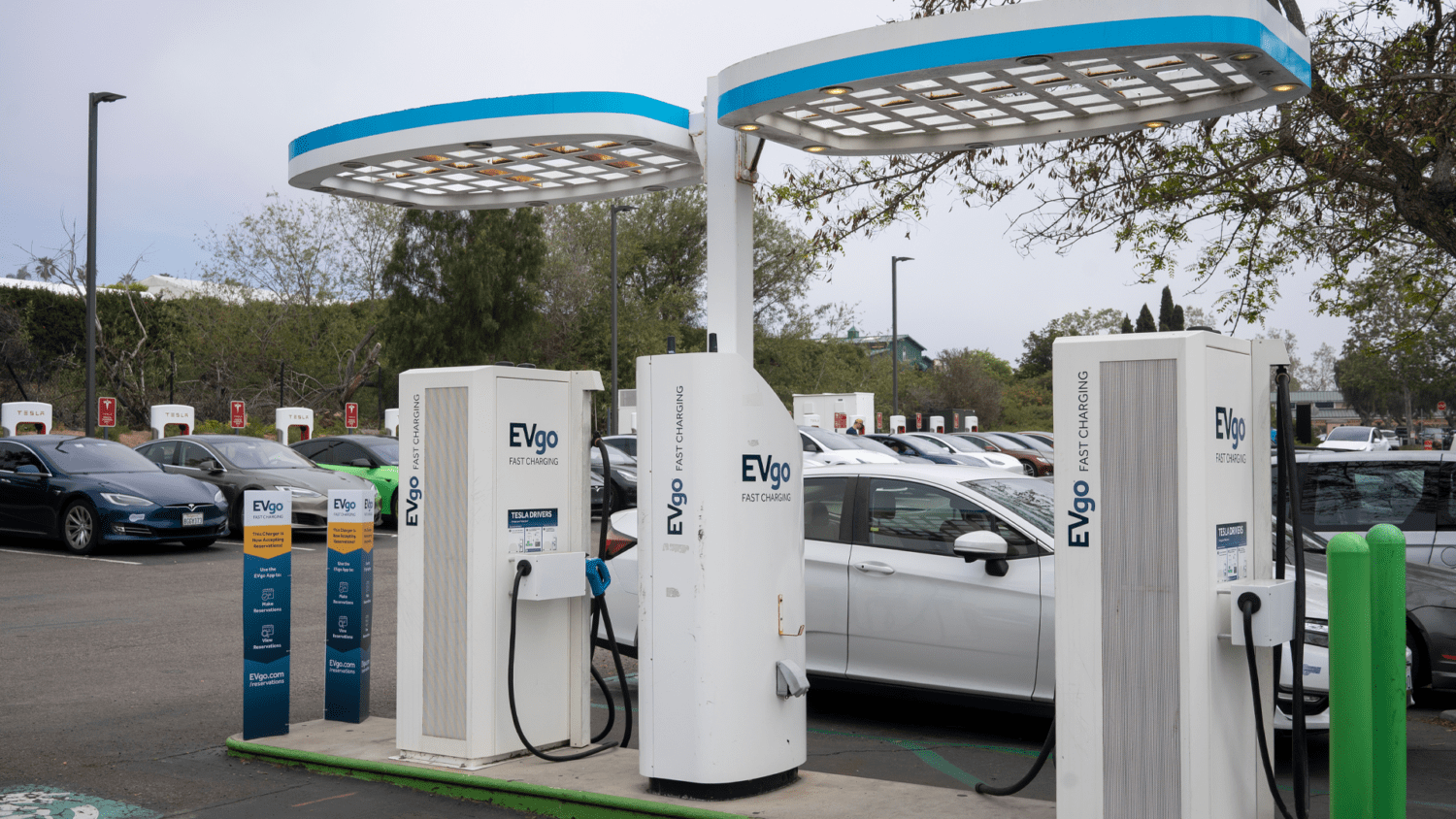
Charging networks and carmakers are on it, though. They're building bigger, faster stations, and the latest electric models are being designed to handle more power. Education is part of the plan, too, because the more you know about how charging works, the less likely you are to be caught off guard.
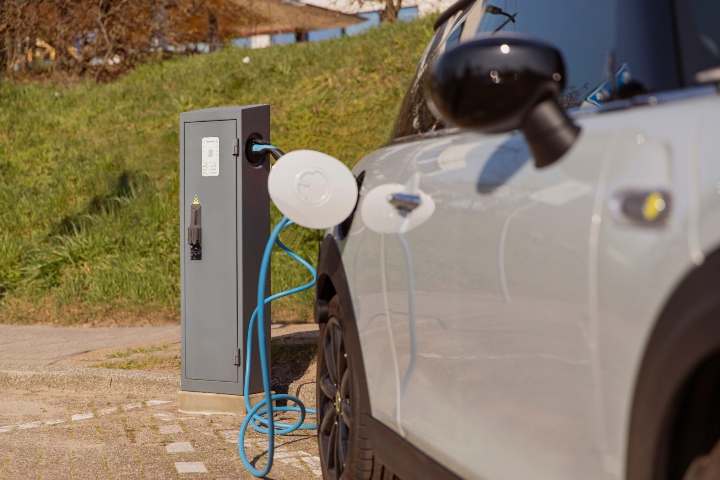
So, next time you’re planning a road trip with your EV, maybe do a little homework first. Check out apps and sites like Plugshare for real user reviews of charging stations. This can save you the headache of slower-than-expected charge times and help keep those travel blues at bay.




